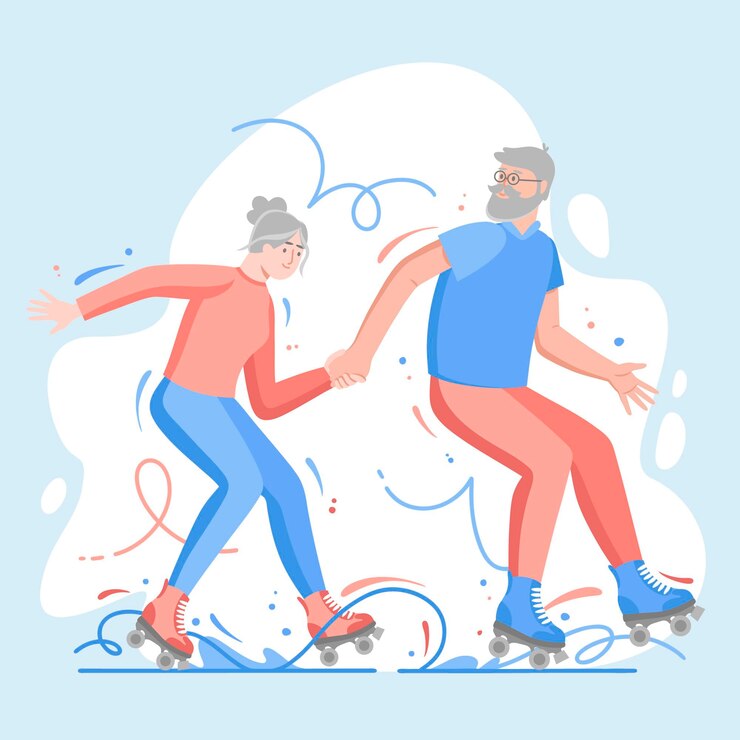
Life After Stroke: Navigating Physical and Emotional Challenges
A stroke can be a life-changing event, impacting not only your physical abilities but also your emotional well-being. Adjusting to life after a stroke can be challenging, but with the right support and strategies, it’s possible to overcome obstacles and lead a fulfilling life. Let’s explore some of the physical and emotional challenges faced by stroke survivors and ways to cope with them.
1. Physical Challenges:
- Mobility Issues: Many stroke survivors experience weakness or paralysis on one side of the body, making it difficult to walk or perform daily activities independently. Physical therapy can help improve mobility and regain strength.
- Communication Difficulties: Some stroke survivors may have trouble speaking or understanding language (aphasia). Speech therapy can assist in improving communication skills and finding alternative methods of expression.
- Fatigue: Fatigue is a common issue after a stroke, often due to changes in sleep patterns, medication side effects, or the effort required to perform tasks. Taking regular breaks, prioritizing activities, and conserving energy can help manage fatigue.
2. Emotional Challenges:
- Depression and Anxiety: It’s normal to experience feelings of sadness, frustration, or anxiety after a stroke, especially when coping with changes in abilities and independence. Seeking support from loved ones, joining support groups, or talking to a mental health professional can be beneficial.
- Loss of Independence: Adjusting to relying on others for assistance with daily tasks can be emotionally challenging. Focus on finding ways to maintain independence where possible, set achievable goals, and celebrate small victories along the way.
- Fear of Another Stroke: Many stroke survivors worry about having another stroke in the future. Adopting a healthy lifestyle, managing risk factors such as high blood pressure and cholesterol, and following your healthcare provider’s recommendations can help reduce the risk.
3. Finding Support:
- Connect with Others: Joining support groups or online communities for stroke survivors can provide a sense of belonging and understanding. Sharing experiences and tips with others who have been through similar challenges can be empowering.
- Lean on Loved Ones: Don’t hesitate to reach out to friends and family for emotional support and practical assistance when needed. Building a strong support network can make a significant difference in your recovery journey.
- Take Care of Your Mental Health: Prioritize self-care activities that promote relaxation and stress management, such as mindfulness, meditation, or engaging in hobbies you enjoy.
Conclusion:
Life after a stroke may present various physical and emotional challenges, but with perseverance, support, and a positive mindset, it’s possible to overcome obstacles and thrive. Remember that you are not alone, and there are resources available to help you along the way.
To seek medical advice, always consult a Doctor. Here are our recommended experts. Click here
To read more on Stroke. Click Here


